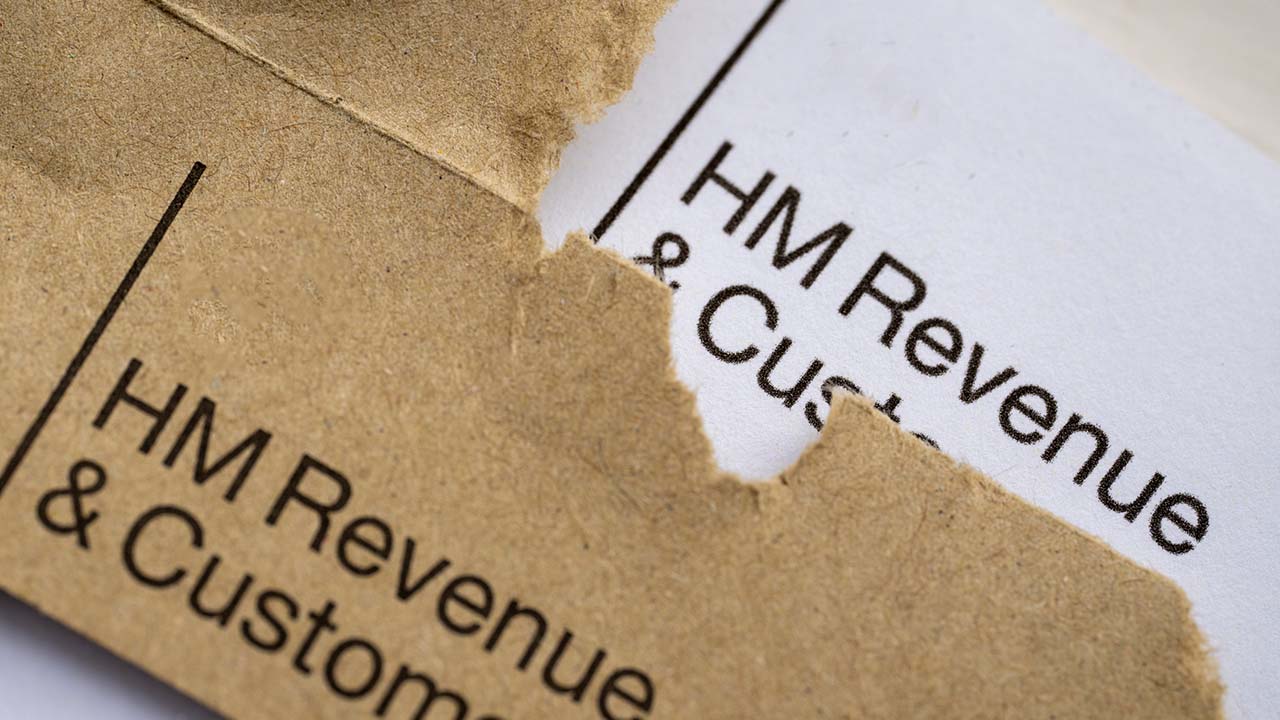In News
Follow this topic
Bookmark
Record learning outcomes
If the tax man challenges you about under-declared earnings, the most cost effective and least stressful way of dealing with the matter is to act quickly and cooperate, advises Adam Bernstein
‘Pharmacist admits trying to steal £46,000 in tax fraud’; ‘£149,000 tax fraud lands man in prison’; ‘Scots pharmacy owner admits to health service and VAT fraud’.
They may not be especially recent, but these headlines are all real – and they illustrate that some in the pharmacy sector are a little less than honest.
Hiding income from HMRC is illegal and can lead to serious penalties and even prison. Indeed, this is where former Conservative Party chairman Nadhim Zahawi came a cropper, as did Lester Piggott, after a conviction for failing to declare income of around £3 million.
Hidden tax
Each year, HMRC estimates the difference between what it thinks it should collect in tax and what it actually manages to collect. Called the ‘tax gap’, latest estimates for 2020-21 put this figure at £32 billion.
According to Helen Thornley, a technical officer at the Association of Taxation Technicians, the gap comprises different factors, from fraud to differences between HMRC and taxpayers on how each thinks the law operates. The gap includes those entirely outside the tax system and ‘moonlighters’, who don’t fully declare their income.
Compliance To ensure taxpayer observance, HMRC carries out a wide range of compliance activities. During 2021-22, it launched 265,000 investigations, which yielded an extra £30.8bn in tax.
“These figures,” says Thornley, “were lower than usual due to Covid, which restricted HMRC’s abilities to carry out as much compliance work as it would like to as staff were redirected to other roles.”
In general, HMRC has 12 months from the date a tax return is submitted to open an enquiry into a return.
HMRC’s understanding
Although most are aware that HMRC can carry out enquiries into their tax affairs, the risk of a random enquiry is perceived as low. However, HMRC has access to an enormous amount of information that allows it to make many more targeted enquiries where what a taxpayer has declared doesn’t fit with the information it has.
HMRC either automatically receives, or has the ability to request, information from third parties including banks and building societies and financial institutions, as well as other government bodies, such as HM Land Registry, Companies House and DWP. It can also request data about sales or income from popular online marketplaces.
“Because of information exchangeagreementswith other countries, HMRC also automatically receives information from banks and building societies held by UK residents in overseas accounts,” Thornley says.
Plus, it gets information from whistle-blowers, including unhappy business partners, ex-spouses, employees and jealous neighbours.
Data is only part of HMRC’s compliance approach. In fact, without proper analysis, it’s meaningless and HMRC cannot identify areas of risk. “Since 2010, HMRC has had access to powerful data analysis software called CONNECT, which helps match information from multiple sources to taxpayers and identify patterns or anomalies which need to be investigated,” says Thornley.
‘Nudge’ letters
So, using information obtained from automatic data exchanges and with the help of CONNECT, instead of a specific, tailored enquiry into an individual, HMRC often now starts by issuing a standard letter to a number of individuals or businesses which have been identified as potentially under- declaring tax.
In Thornley’s view, these letters “act as a cue for taxpayers to review their tax affairs and take appropriate action”. Recent examples of HMRC’s targeted activity have included identifying changes in the ‘person of significant control’ for companies and asking about share disposals; using data from crypto-asset exchanges and checking for transactions not on a tax return; and comparing deposits from residential letting to tax return data.
Don’t ignore these letters, Thornley advises: “It is important to read the letter carefully to see what action is needed and take appropriate professional advice on how to respond as HMRC will normally want taxpayers to confirm that they consider their tax position is correct. If no action is taken, or HMRC does not accept the response given then HMRC may move on to open a formal enquiry.”
Coming clean
If a taxpayer knows that they have undeclared income, the advice is to seek professional advice and get in touch with HMRC to declare and pay the tax as soon as possible.
Penalties are calculated as a percentage of the underpaid tax and can be anything from zero to 100 per cent – or more for offshore income or gains. “Penalties will be lower where the taxpayer voluntarily comes forward to HMRC, and if the taxpayer is cooperative.
Taxpayers are scored on how much they ‘tell, help and give’ to HMRC during the enquiry. The highest penalties are reserved for uncooperative taxpayers who had sought to conceal their income.”
Another consideration is the need to look back. Thornley says that where income has been under-declared as a result of an innocent error then, broadly, returns ending no more than four years ago will need to be corrected. This can be extended to six years if the understatement was careless, and up to 20 years if it was deliberate.
A caveat: “It is important to check that undisclosed income doesn’t have a wider impact; there may also be tax consequences over more than one tax – for example, a business which has not declared all of its sales will not only have paid insufficient income tax or corporation tax, but could also have under-declared VAT – or missed that they should have registered for VAT.”
Once there’s a suspicion of under-declared tax, taxpayers should act quickly to correct their position with HMRC.

